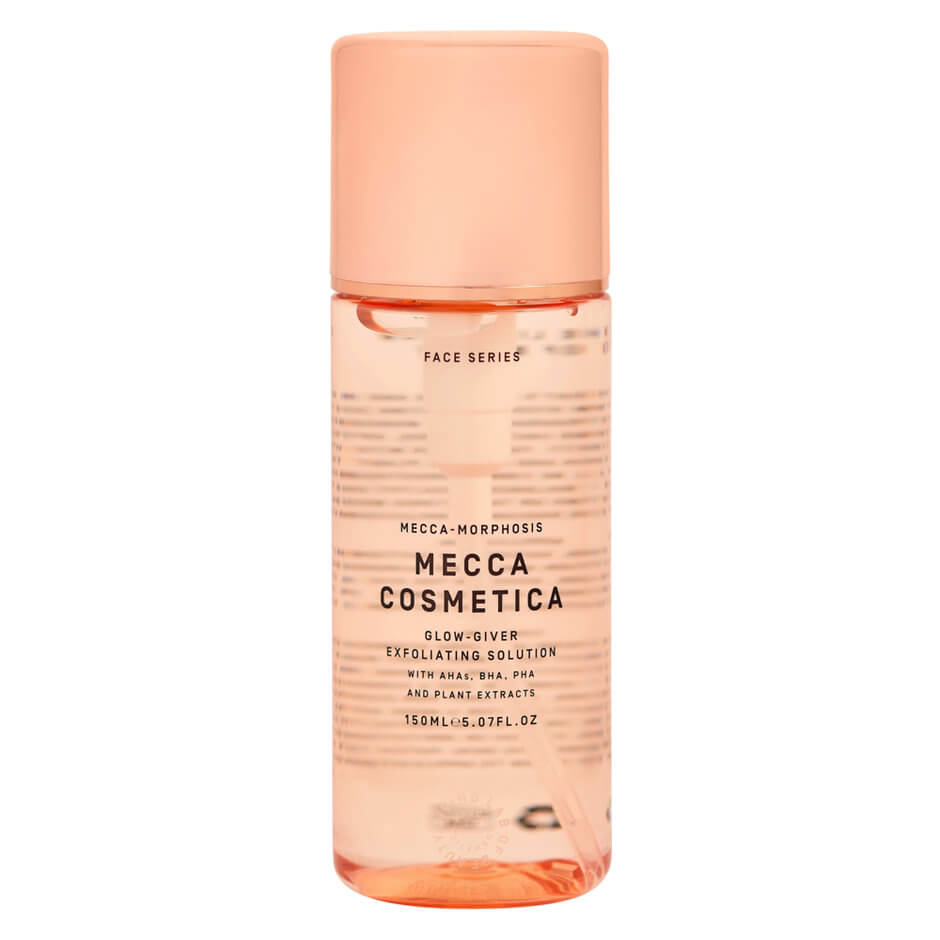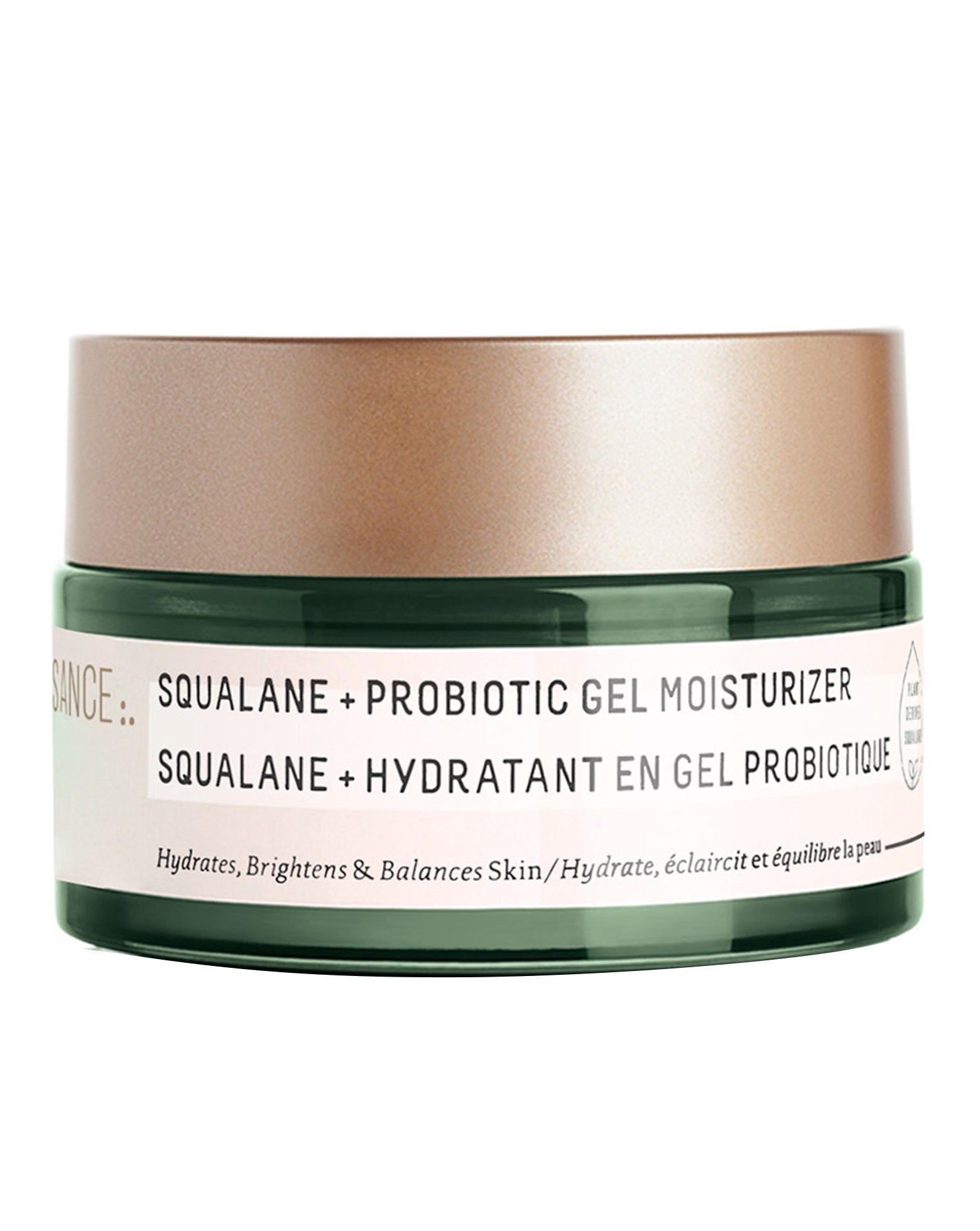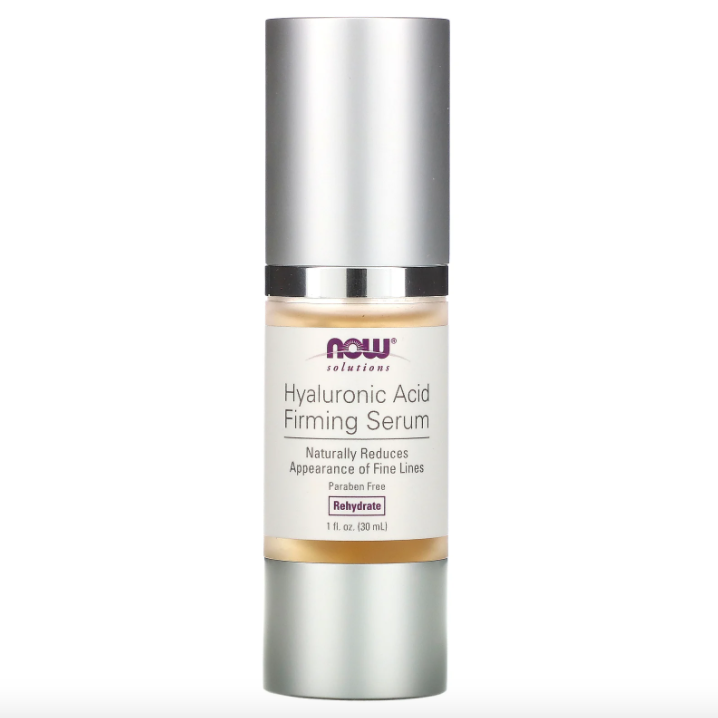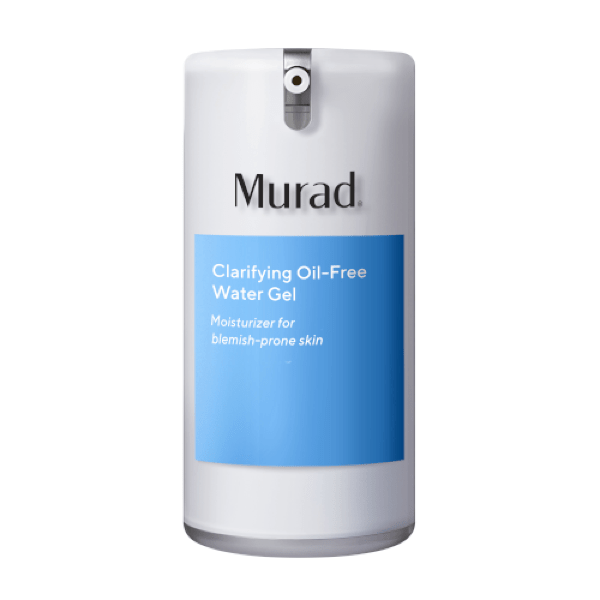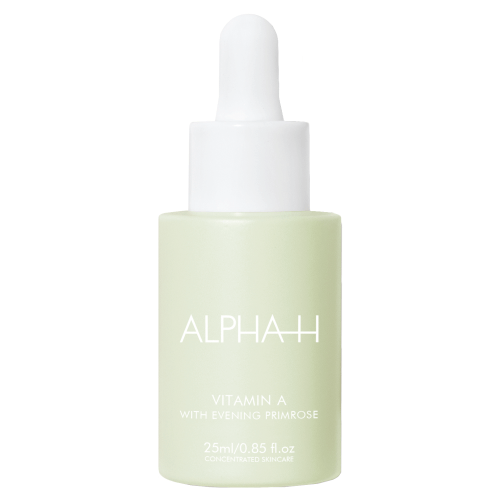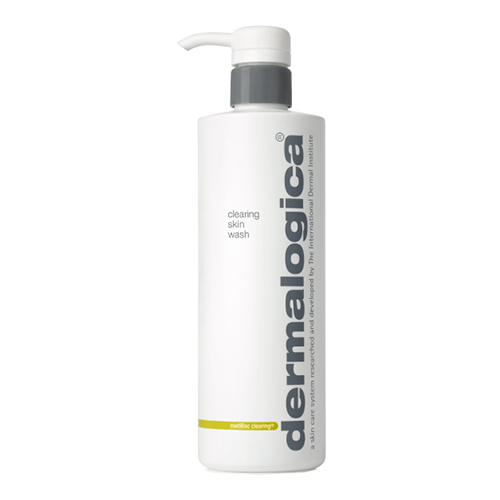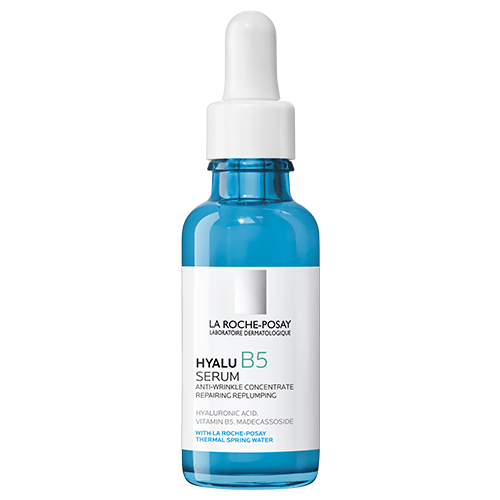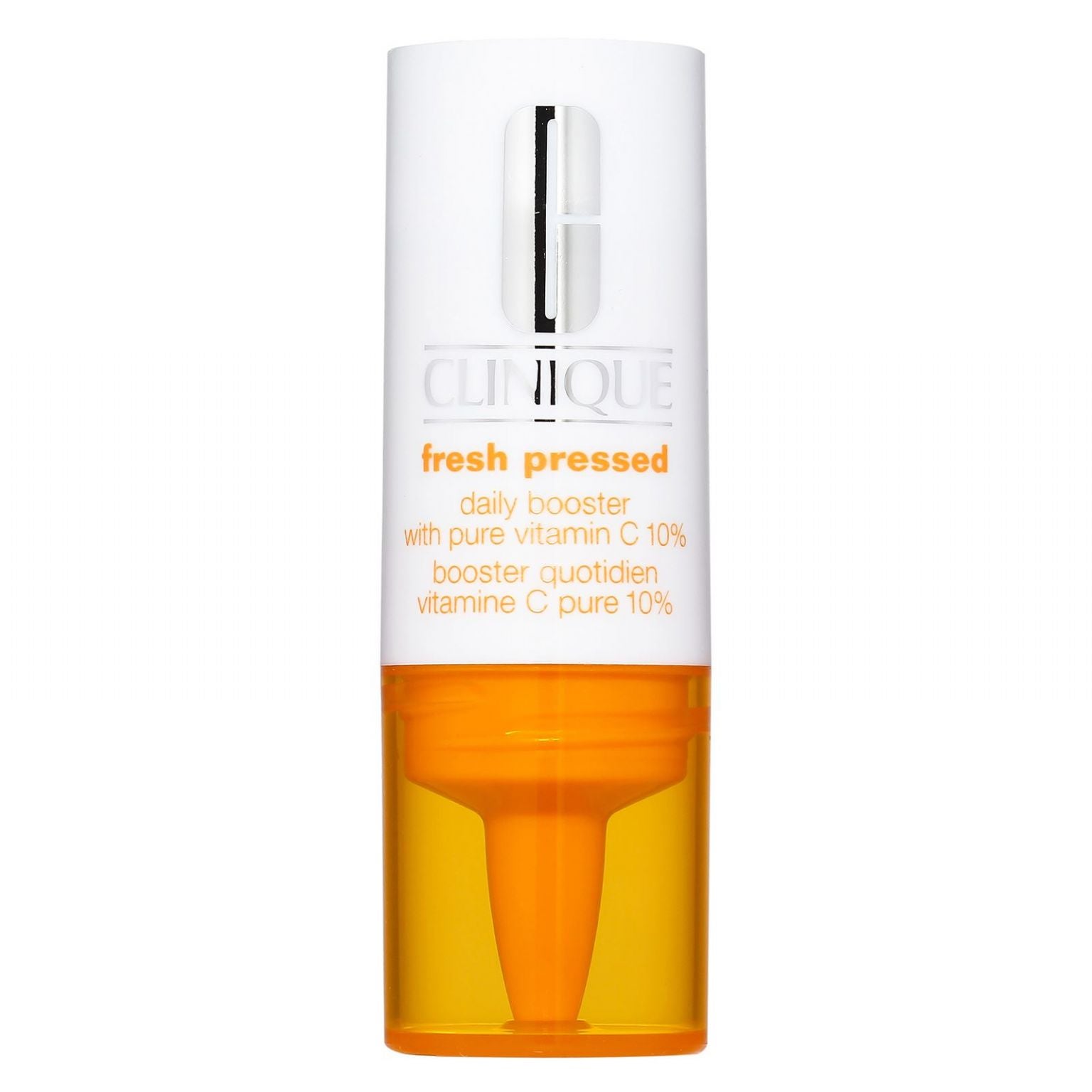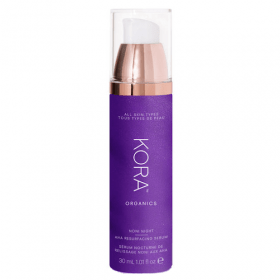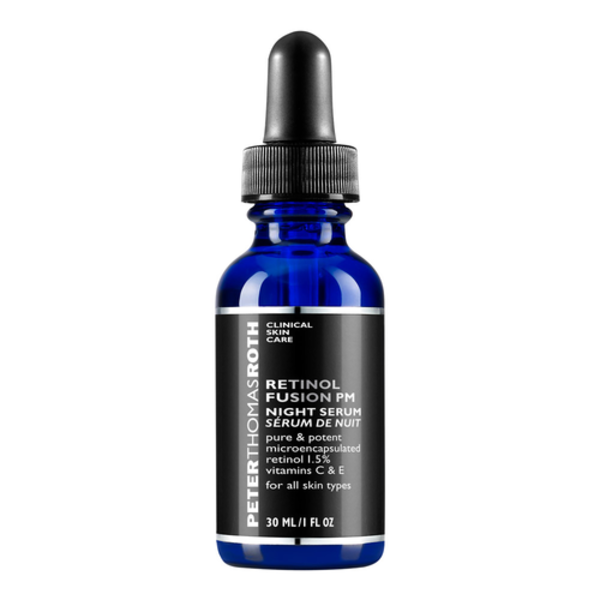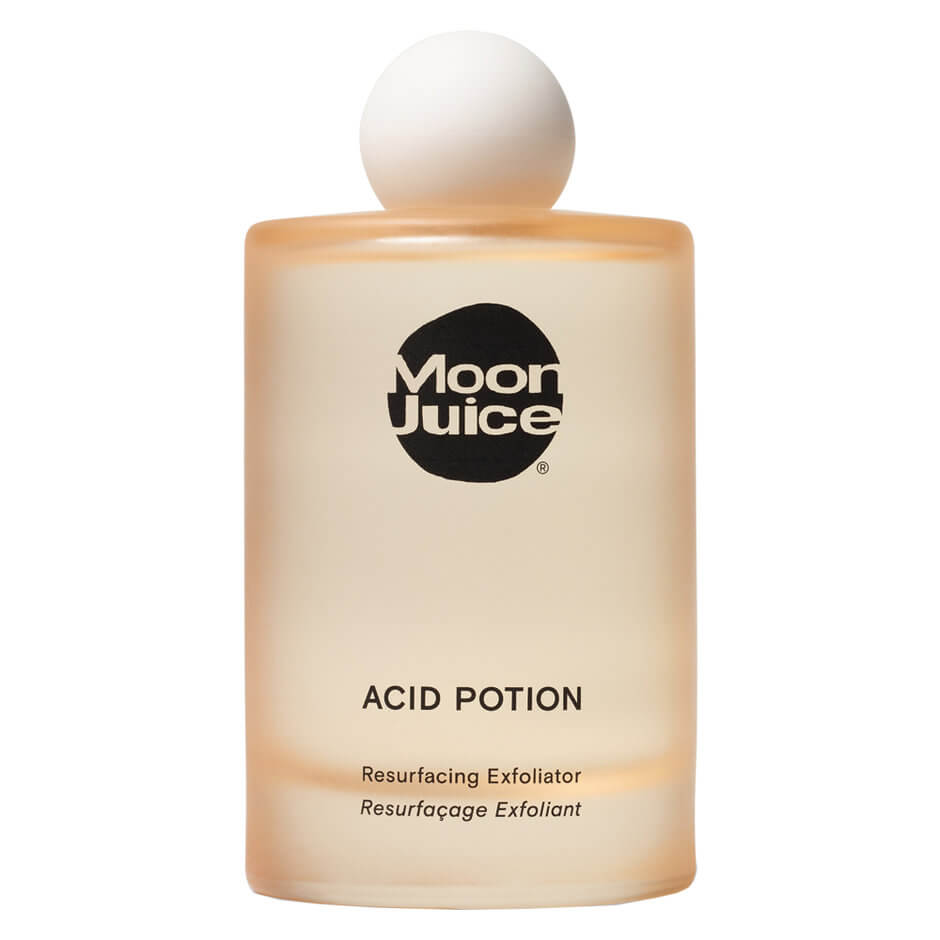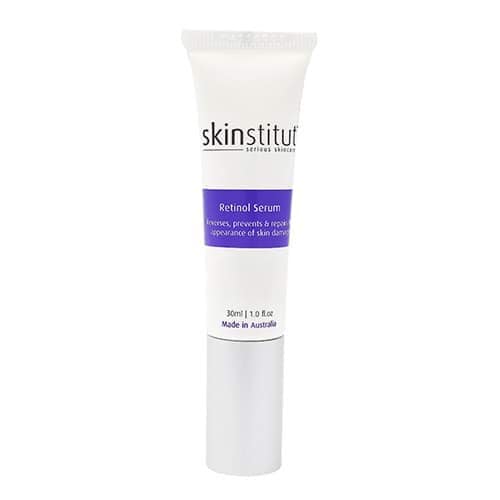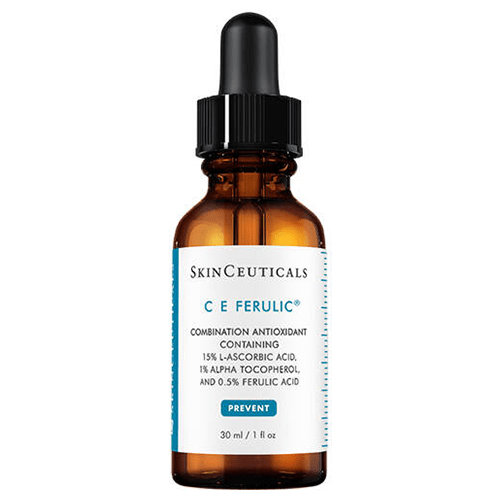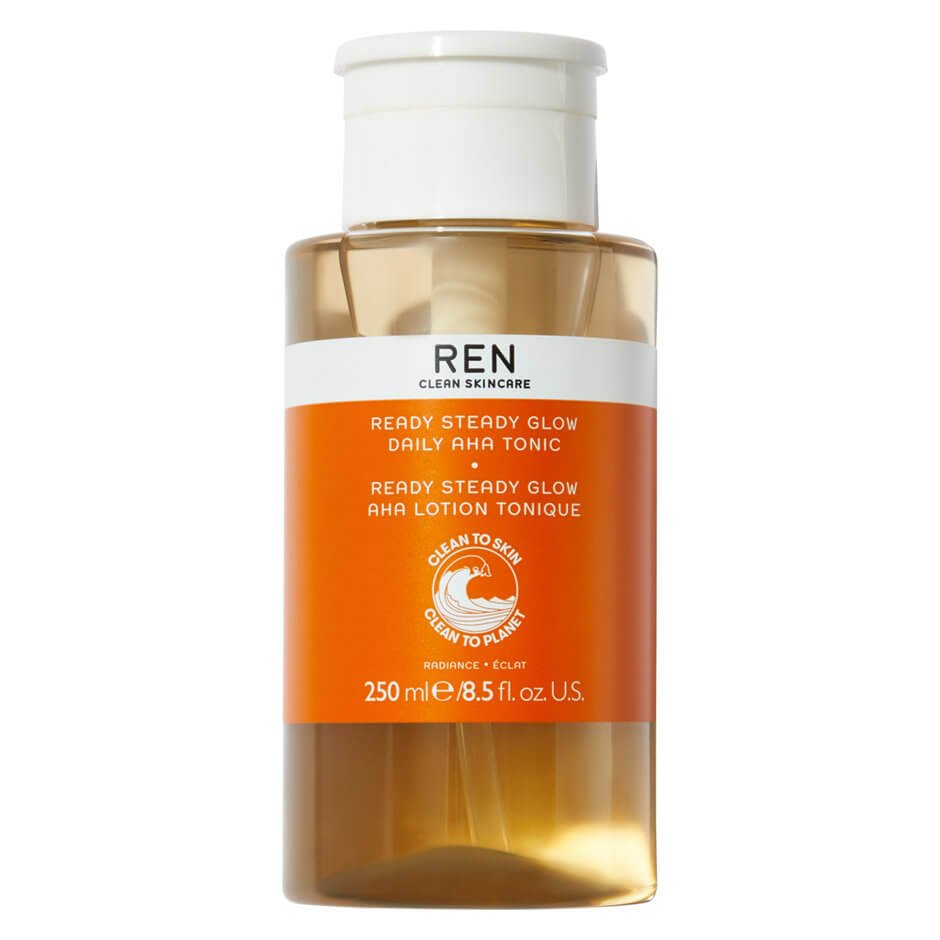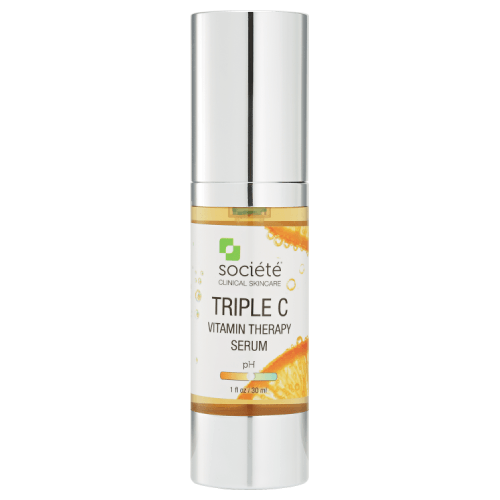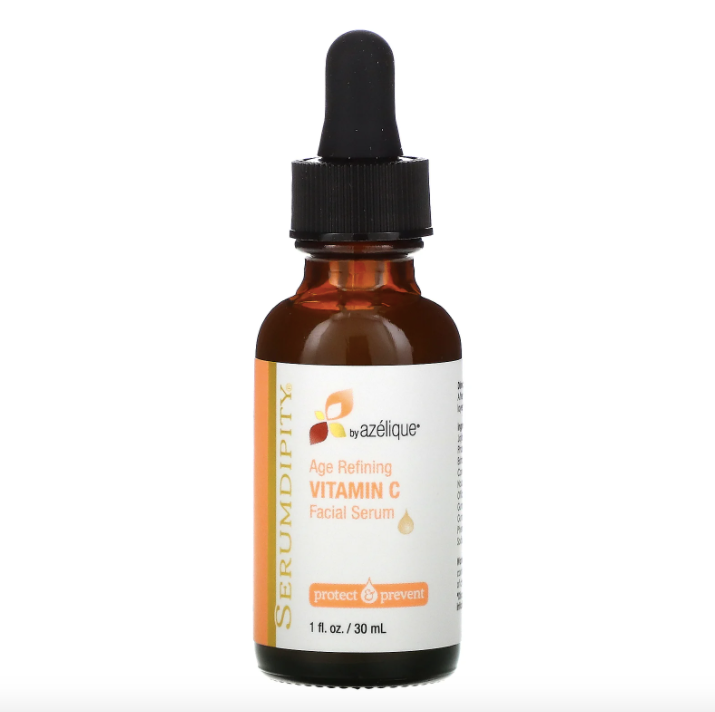Choose Your Skincare Ingredients Based On Your Skin Concerns
Navigating skincare labels can be super tricky, especially when the ingredient list reads like a science chart — salicylic acid, glycolic acid, lactic acid, hyaluronic acid, squalane, retinol, argh! But once you understand what each of them does for your skin, choosing the right products is pretty straightforward.
Here, we break down every possible skin concern and give you a very shoppable list of products to add to your lineup so you can get your skin back on track.
If You've Got Thirsty (Read: Dehydrated) Skin
Repeat after me: Happy skin is hydrated skin. I cannot stress this enough. So many of our skin concerns could be minimised if we maximised our hydration, especially as we age. You want to look for ingredients that keep your skin looking and feeling hydrated while helping to protect your skin barrier, 'cause when that barrier breaks your problems start. We'd recommend thirst-quenching ingredients like hyaluronic acid and squalane as well as resurfacing ingredients like AHA/BHA's.
AdvertisementADVERTISEMENT
Try:
Hyaluronic acid: First let's talk about hyaluronic acid, easily the most buzz-worthy ingredient to come out of skincare in the last decade. It's good for myriad reasons, and for thirsty skin, it's a must. Naturally, our bodies do produce a certain amount of hyaluronic acid, however, it lasts less than one day in the skin so we are parched, people, and that's where the topical products come in. When applied topically, hyaluronic acid helps to deliver a much-needed boost of moisture, locks in hydration and plumps our skin. It should be applied before all your other active ingredients so that it can be fully absorbed into your skin.
Squalane: Squalane is a relatively 'new' skincare ingredient that's drawing a lot of well-earned hype. It's full of natural moisturising factors that closely mimic our skin's natural oils, so it delivers a very effortless and easily absorbed dose of hydration. It locks moisture into the skin without leaving a greasy residue or feeling heavy and is suitable for all skin types.
AHA/BHA: Tired, dehydrated skin often needs a little more TLC, and using an AHA (alpha-hydroxy acids — glycolic and lactic) or BHA (salicylic acid) based product in your lineup will do just that. AHA products work to get rid of any dead skin cells, dirt, and oil build-up that might be stopping your active ingredients from getting deep into the skin and working their magic, while your BHAs can help boost hydration and even out skin tone.
If You've Got Acne-Prone Skin
AdvertisementADVERTISEMENT
Breakouts and congested skin can be super frustrating to treat, especially as an adult, but once you can identify the cause of your spots, the right ingredients and products can clear it right up and help prevent future breakouts. You'll want to look for products that contain exfoliating acids like AHA/BHAs, hydrators like squalane and hyaluronic acid and if your skin's ready for it, retinol.
Try:
AHA/BHAs: When it comes to treating congested or acne-prone skin, an AHA or BHA product should be one of your first go-to's. AHA/BHAs help promote cellular turnover and breaking down congestion on the surface of the skin that causes blocked pores, blackheads and pimples. Your AHA-based products contain acids like glycolic and lactic acid that help visibly improve skin tone and texture, as well as reducing the appearance of dark spots. While your BHA products reduce the appearance of blemishes and unclogs pores.
Hydrators: Our two heroes, squalane and hyaluronic acid. It's commonly assumed that if you have oily, acne-prone skin that you should back off heavily hydrating products like serums, oils and gels. However, hydration is your friend when it comes to avoiding those pesky breakouts. Look for lightweight hydrators that are non-comedogenic (pore blocking) and contain ingredients like squalane or hyaluronic acid. Both ingredients are oil balancing and work to lock moisture into the skin meaning they protect it from drying out, becoming damaged and forming breakouts.
Retinol: When it comes to treating congestion and breakouts, retinol can be what I like to call a skincare one-two punch. Not only will it help to improve skin texture, but it's also great for preventing acne. However, retinol doesn't like to necessarily play well with some of our other favourite skincare ingredients (glycolic and salicylic acids) so to avoid any irritations you should use them on alternate days/nights to be on the safe side.
AdvertisementADVERTISEMENT
If You've Got Sun Damaged Skin or Pigmentation
Ahh sun damage, also known as hyperpigmentation or sunspots, while easy to prevent (wear SPF every day!) can be super difficult to treat. We recommend wearing sunscreen (not just relying on the SPF in your base products) rain, hail and especially shine, as it helps new pigmentation from forming and old pigmentation from getting worse. And when you're not in the sun, look to work in some brightening ingredients like vitamin C, AHA and BHA into your routine. It's also important to note that some hyperpigmentation, mainly around the chin, cheeks and upper lip, can be hormonal (often comes with pregnancy) and can be a little trickier to treat. We'd recommend seeing a dermatologist to talk through treatment if that's the case.
Try:
Vitamin C: When it comes to evening out skin tone (read: minimising dark spots and discolouration), vitamin C should be your go-to. It not only helps to treat the appearance of existing hyperpigmentation but doubles as another preventative measure as well.
AHA/BHAs: By now you're probably catching on just how good these little acid combos are for your skin. AHA/BHAs help to remove dead skin cells, oil, and dirt build-up to reveal more even-looking skin. Working these into your skincare routine via a nighttime serum (not to be layered with a retinol) long-term can help reverse pigmentation caused by sun damage.
Retinol: If you really suffer from pigmentation, retinol is going to be your go-to as it has the ability to penetrate deeply enough that it actually helps to interfere with pigment production, treating those deeper, more stubborn areas of hyperpigmentation. It also boosts collagen production, speeding up skin cell turnover so topically it helps to reduce discolouration too.
AdvertisementADVERTISEMENT
And SPF, just wear it OK!
If You've Got Fine Lines and Wrinkles
When it comes to minimising the signs of ageing, (read: fine lines and wrinkles) there are a few skincare ingredients you can arm yourself with, and by now these anti-ageing bad boys need no introduction, but I'm going to anyway — AHA/BHAs, vitamin C and retinol.
Try:
AHA/BHAs: You've probably seen these acronyms on plenty of exfoliants, gels and creams in more recent years as they've fast become buzzworthy ingredients in the battle against ageing. If it's coming in the form of creams and serums, it's likely to help stimulate collagen production and promote surface hydration while reinforcing the skin's natural barrier. If it's in an exfoliant, it's looking to assist with cellular turnover — which, along with collagen production, can be among the first things to slow down as we age.
Vitamin C: Before reaching for a retinol, we'd suggest working a vitamin C based product into your routine. Vitamin C is perfect for protecting your skin from free radicals like UV rays, pollution, and other environmental aggressors while helping to boost the skin's natural collagen production abilities. And as previously mentioned, it also works as a great preventative for hyperpigmentation.
Retinol: Retinol is a tricky one to start working into your routine as there is much debate among derms as to the right age to start using it. They say it's best to start using it in your '30s, which is generally when the skin starts to age. Retinol is clinically proven to speed up cellular turnover while slowing down the breakdown of collagen in the skin, which is one of the main causes of fine lines and wrinkles. It can also improve the appearance of sun damage as it helps to even out the skin's overall look and texture.
AdvertisementADVERTISEMENT
If You've Got Dull, Uneven Skin
Most of us immediately associate bright, healthy, glowing skin with youth, hence why we're all chasing it. To avoid dull, uneven skin, you can't really go past (you probably guessed it) AHA/BHAs and vitamin C.
And if you don't know why these ingredients are good by now I'm 100 percent getting fired.
Try:
AHA/BHA: AHA and BHA (or a combination of both) is bomb for skin cell turnover and evening out the skin's texture. They prep your skin so all your delicious active ingredients like the ones mentioned above can sink into the deepest layers of your skin and do their thang.
Vitamin C: Quick recap on all the benefits of Vitamin C as mentioned above: It's an excellent brightening ingredient and protector from free radicals while helping to minimise hyperpigmentation (the main cause of dull, uneven skin).
AdvertisementADVERTISEMENT







